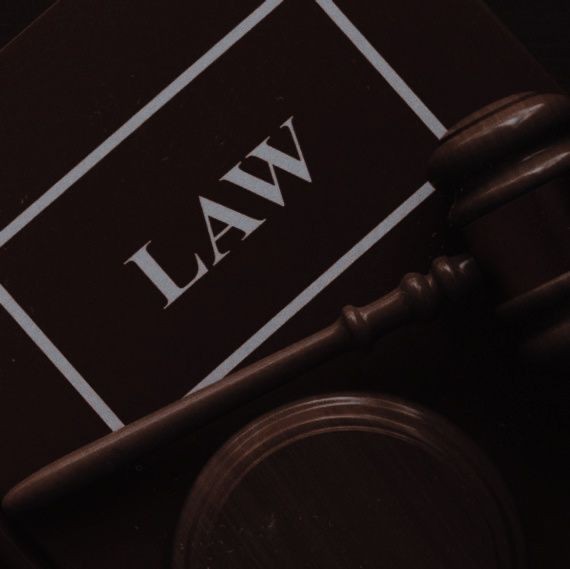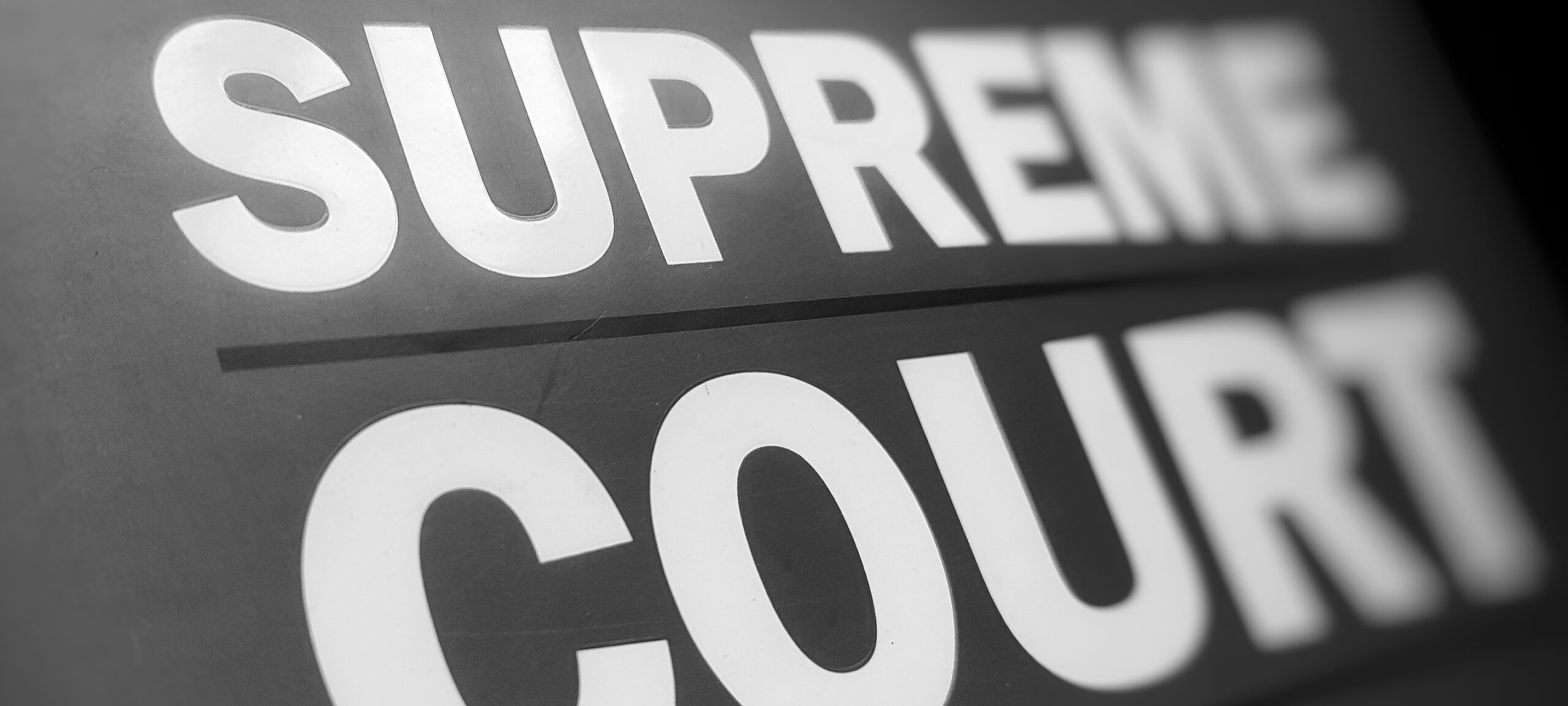Public Interest Litigations - Intention of the petitioner matters: SC
The cases of abuse of process of court and such allied matters have been arising before the courts consistently. The principles that would govern the obligations of a litigant while approaching the court for redressal of any grievance and the consequences of abuse of process of court have often been stated. It is difficult to state such principles exhaustively and with such accuracy that would uniformly apply to a variety of cases. These are:-
- Courts have, over the centuries, frowned upon litigants who, with intent to deceive and mis- lead the courts, initiated proceedings without full disclosure of facts and came to the courts with "unclean hands". Courts have held that such litigants are neither entitled to be heard on the merits of the case nor are entitled to any relief.
- The people, who approach the court for relief on an ex-parte statement, are under a contract with the court that they would state the whole case fully and fairly to the court and where the litigant has broken such faith, the discretion of the court can- not be exercised in favour of such a litigant.
- The obligation to approach the court with clean hands is an absolute obligation.
- Quests for personal gains have become so intense that those involved in litigation do not hesitate to take shelter of falsehood and misrepresent and suppress facts in the court proceedings. Materialism, opportunism and malicious intent have overshadowed the old ethos of litigative values for small gains.
- A litigant who attempts to pollute the stream of justice or who touches the pure fountain of jus- tice with tainted hands is not entitled to any relief. interim or final. Adan
- The court must ensure that its process is not abused and in order to prevent abuse of process of court, it would be justified even in insisting on furnishing of security and in cases of serious abuse. the court would be duty-bound to impose heavy costs.
- Wherever a public interest is invoked, the court must examine the petition carefully to ensure that there is genuine public interest involved. The stream of justice should not be allowed to be pol- luted by unscrupulous litigants.
- The court, especially the Supreme Court, has to maintain the strictest vigilance over the abuse of process of court and ordinarily meddlesome bystanders should not be granted "visa". Many societal pollutants create new problems of unredressed grievances and the court should endure to take cases where the justice of the lis well justifies it. [(Para 32)].


























